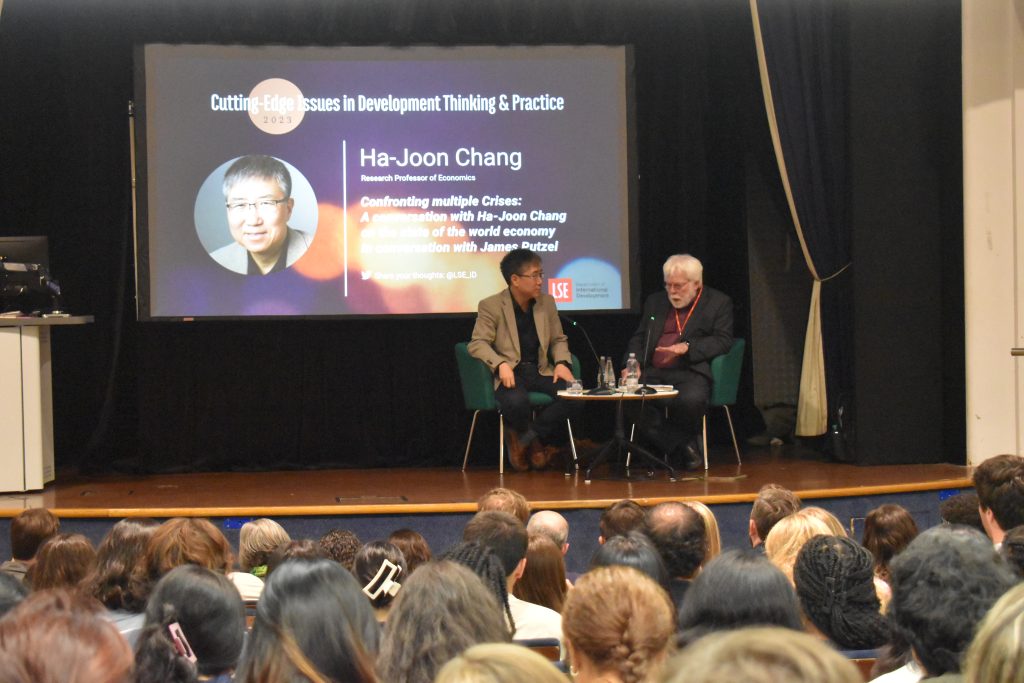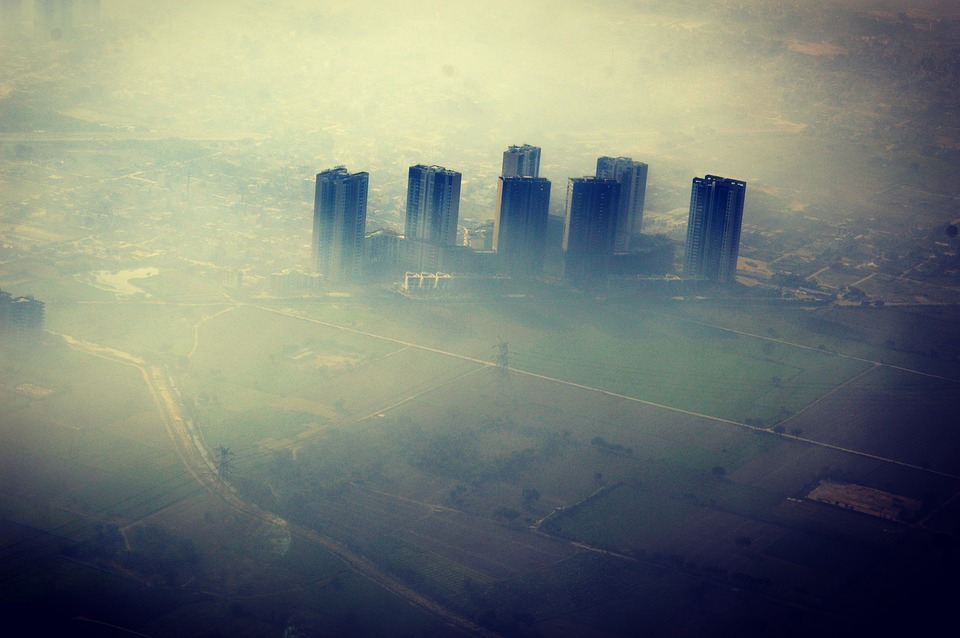As we reflect on the year’s developments at the Department of International Development at LSE, this roundup captures key highlights from our online academic activities from 2023.
Short film celebrating 30 years of LSE ID
Celebrating the history of the Department of International Development at LSE
The Department of International Development launched a short film on the brief history of the Department of International Development at LSE and its achievements in the last 30 years, featuring voices from past and current faculty, as well as notable alumni. The video was filmed in 2019 in celebration of the department’s 30th Anniversary and released in January 2023.
The Legacy of Slavery in London
We created a self-guided online map for our students to highlight the historic legacy of the slave trade in London. The map aims to get students to question the draw of the grandeur of the city, especially the famous landmarks of Buckingham Palace, Oxford Street, Canary Warf and Hyde Park. We also invited contributions from colleagues around LSE to help the map evolve and grow.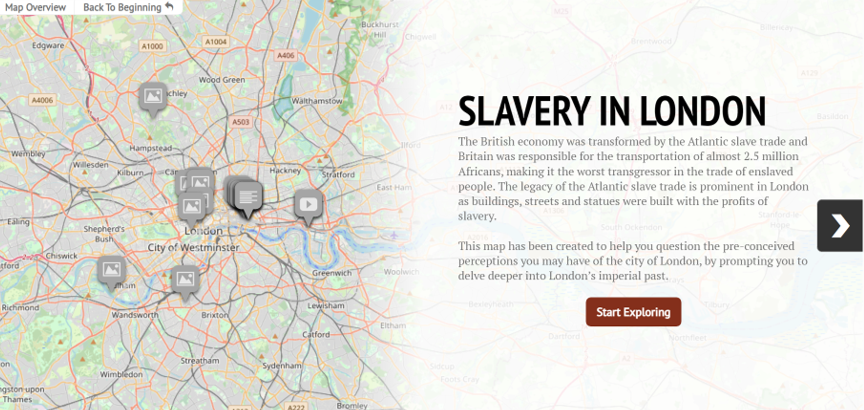
Books published by LSE ID academics
- Decentralised Governance: Crafting Effective Democracies Around the World
Edited by Jean-Paul Faguet and Sarmistha Pal, Decentralised Governance brings together a new generation of political economy studies that explore these questions analytically, blending theoretical insights with empirical innovation. The book is available in Open Access. - Industrialization and Assimilation: Understanding Ethnic Change in the Modern World
Industrialization and Assimilation examines the process of ethnic identity change in a broad historical context. Author, Elliott Green explains how and why ethnicity changes across time, showing that, by altering the basis of economic production from land to labour and removing people from the ‘idiocy of rural life’, industrialization makes societies more ethnically homogenous. - The Politics and Power of an Emotion
In his latest book Shame, David Keen explores the function of modern shaming, paying particular attention to how shame is instrumentalised and weaponized. He points out that there is usually someone who offers an escape from shame—and that many of those who make this offer have been piling on shame in the first place. - Importunity
At the heart of Jon Lunn’s latest novel, Importunity, are two sensational trials that happened in Southern Rhodesia in 1923 – one hundred years ago this year – laying bare the evils of settler colonialism. White railwayman Iolo James defends his black domestic servant, Michael, in court against sexual assault charges laid by his wife, Doris. All three ultimately pay a heavy price.
Event highlights
- Confronting multiple Crises: A conversation with Ha-Joon Chang on the state of the world economy (Watch)
On Friday 6 October, Professor Ha Joon Chang joined Professor James Putzel as part of the Cutting-Edge Issues in Development Thinking & Practice guest lecture series to discuss the state of the world economy.
Speakers: Ha Joon Chang and James Putzel - Multilateral development banks in the 21st century: what reforms for mandates, governance and financing? (Watch)
On Thursday 18 May, ahead of June’s Paris Finance summit, this public event organised in partnership with global affairs think tank ODI provided a space for a high-level panel to discuss what major reforms MDBs should undertake.
Speakers: Baroness Minouche Shafik, Lord Nicholas Stern and Sir Suma Chakrabarti | Moderator: Henry Curr | Chair: Kathryn Hochstetler - A World of Insecurity (Watch)
Wednesday 03 May LSE ID hosted an event for the book launch for Pranab Bardhan’s latest book, A World of Insecurity: Democratic Disenchantment in Rich and Poor Countries. The book is an ambitious account of the corrosion of liberal democracy in rich and poor countries alike, arguing that antidemocratic sentiment reflects fear of material and cultural loss, not a critique of liberalism’s failure to deliver equality, and suggesting possible ways out.
Speakers: Pranab Bardhan | Discussant: Martin Wolf | Chair: Robert Wade
Podcasts featuring research from LSE ID
- Climate Change: America and the World – With Kathy Hochstetler
Listen to the first episode of the Ballpark, a brand new podcast series from the LSE US Phelan Centre, in which Prof Kathy Hochstetler discusses the experiences of climate change in the Global North and Global South. Listen to the interview here. - How can we solve the refugee crisis? – With Stuart Gordon
Joanna Bale talks to Dr Stuart Gordon, Sveto Muhammad Ishoq and Halima, an Afghan refugee living in a hotel, about what it’s like to flee your country and policy ideas to help resolve the situation. Listen on LSE’s streaming platform here. - In Pursuit of Development – With Elliott Green
- Dan Banik and Elliott Green discuss why ethnicity is sometimes used interchangeably with race, how identities are negotiated, and the role of the state in promoting ethnic homogenization in Turkey, United States, New Zealand, Somalia, Uganda, Botswana and South Africa. Listen via Simplecast’s streaming platform here.
- Microlending and the Financialization of Poverty – with Sohini Kar (In Conversation)
Dr Sohini Kar breaks down what microfinance is and how it’s hurting women in India and beyond, she shares stories of the experiences women in India have had with microcredit programs, she connects microlending in India with predatory payday lending in the United States as part of capitalism’s financialization of poverty, and finally, she offers truly transformative and empowering financial pathways for both investors and purchasers alike. Available on Spotify and Apple. - How to Make Change Happen – with Duncan Green
Experts discuss how change isn’t as straightforward as we’d like it to be – How it can be all in the timing and that, at times, you just need to wait for the right moment to make change happen. Listen to the interview here. - In the gold mines of northern Mali, “human life is nothing” – with Aoife McCullough
Directed by LSE ID PhD candidate Aoife McCullough, the podcast series “Al Ummar Can” (“The people there”) invites witnesses based in abandoned villages in Niger to share their daily challenges. In this first episode, Moctar leaves for North Mali, where he hopes to work in the gold mines controlled by armed groups. Listen to the podcast series here (in French).
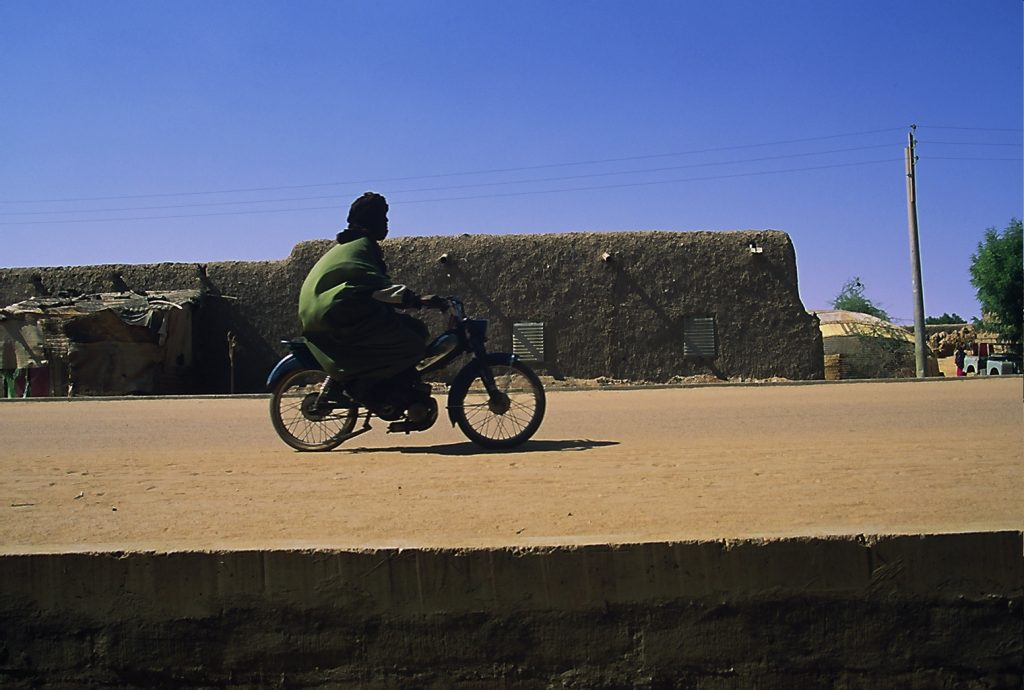
Top 5 posts from the LSE ID Blog
- Do debt-for-nature swaps work? Learning from Belize (Read)
Alejandra Padín-Dujon examines the complex transactions behind ‘debt-for-nature’ swaps and asks whether they are a practicable way to ease debt burdens and encourage environmental conservation. - Can China surpass the United States as the next world superpower? (Read)
Joe Spillane unpacks the current rivalry between China and the United States and investigates two possible interventions that could propel China to global supremacy. - The myth of western medicine (Read)
Decolonising global health requires challenging the widely accepted idea of ‘western medicine’. There is an urgent need to deconstruct this notion to level the playing field which would allow for North-South health development partnerships to be truly equal. MSc Health and International Development student Ziyaad Surtee suggests this can be achieved by adopting a historical approach. - Golden Passports and Global Mobility: A conversation with Dr. Kristin Surak (Read)
Kubilay Ogutcu interviews Dr. Kristin Surak about her upcoming book The Golden Passport: Global Mobility for Millionaires which looks at the rising popularity in citizenship by investment programs. - Are the BRICS a Bloc? A Group? A Threat? It All Depends on Where You Sit (Read)
Guest blogger and Visiting Fellow in the Department of Media and Communication at LSE, Dr Grace Yuehan Wang explores the history of BRICS and the influence of China in the ‘network’.
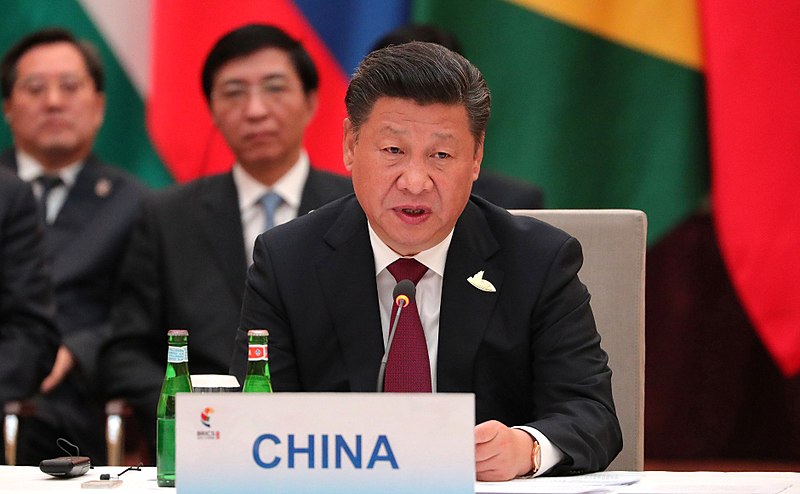
The views expressed in this post are those of the author and in no way reflect those of the International Development LSE blog or the London School of Economics and Political Science.


